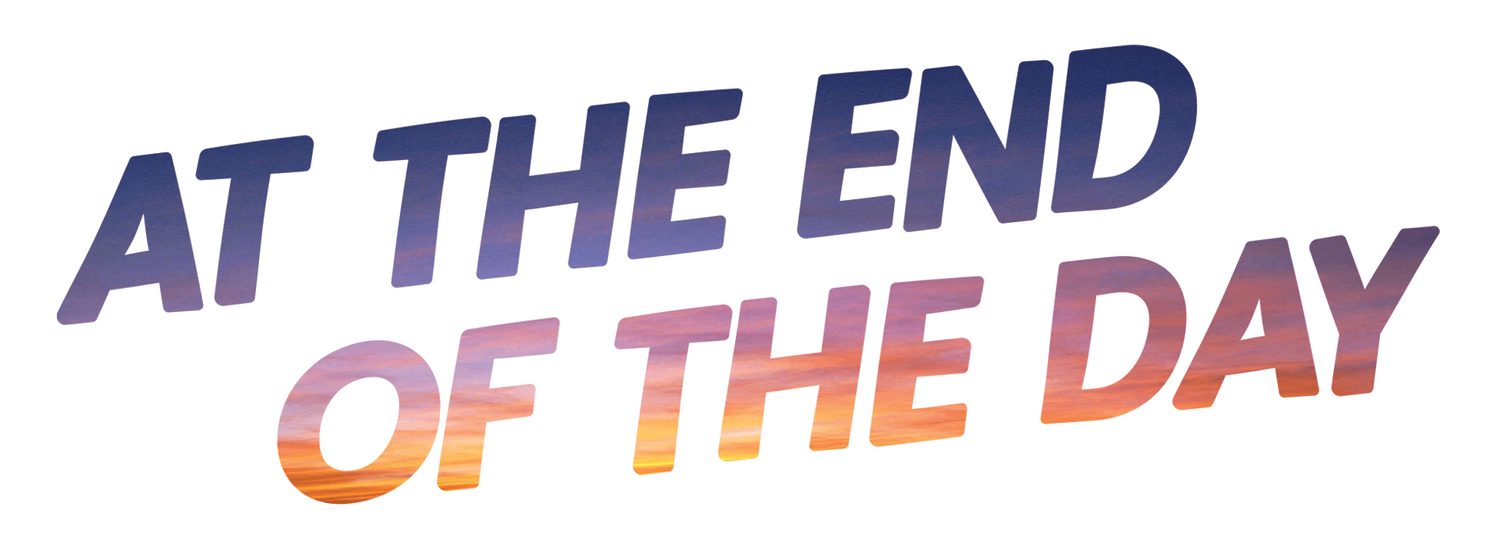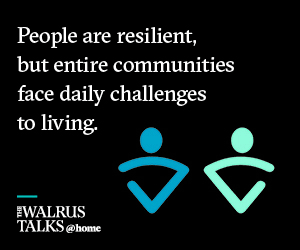Squid Game is too gory for me
But I need to talk about it 🦑
Welcome to At The End Of the Day. I’m Hannah Sung and I write this newsletter for a people-first perspective on the news. Subscribe and support this work by paying-what-you-wish.
Squid Game is everywhere in the news this week. And I can’t believe I watched the whole thing. Normally, I avoid shows with blood-spattering violence. My good screen world is more of a starry-eyed, pop music, choreography kind of place.
Horror, as a genre, is not my thing. I am trying to relax at night. Killer machines dressed up as dolls have less than zero appeal. Today, it’s a giant robot with laser eyes; in my childhood, it was a knife-wielding franchise with freckles (you know I mean Chucky, but I refuse to put a picture of him in my newsletter -- this is a nightmare-free zone).
However, anytime there’s a big pop cultural phenomenon, its sheer popularity is a siren song. I needed to see for myself — what is the deal?
Squid Game is on track to become Netflix’s biggest show of all time and it’s #1 in 90 countries.
The plot of this South Korean show is that massively indebted people are selected for a macabre series of children’s games, the kind of games people know from the playground. If you win, you advance. If you lose, you die. The prize is an enormous cash pot.
Shell-shocked after the first episode (make the song stop!), I found myself on the phone with my mom.
“What about this Oh-jing-uh Game show?” I asked, saying its name in Korean. “Have you heard about it?”
“Oh yes!” My mom was brightly enthusiastic. She started recounting headlines on the show’s Netflix success and then dove into reminiscing about these childhood games.
“BUT HAVE YOU SEEN THE SHOW?” I interrupted.
“No.”
“Okay, don’t watch!” We laughed. I felt protective and hated the idea of my mom and dad, with their massive TV, watching the single most violent series I’ve ever watched. (It’s ok, my mom’s got her Korean variety shows, plus checking into every news website on earth. She’s fine.)
So now that my conduit to Korean-ness wasn’t a path to discussing the show, I asked on Instagram: Anyone watching Squid Game?
One friend instantly replied, “Yes and I love it!”
“It’s so violent!” I chatted back.
“Capitalism is violent,” she responded.
Damn, girl. A pithy three words cut to the heart of the show’s appeal. This is exactly why everyone is talking.
Now listen, the internet is already doing their capitalism-as-per-Squid Game analyses. I found myself reading up on South Korea’s household debt crisis (don’t be smug, Canada — on average, Canadians have $1.72 of debt for every dollar of disposable income and our real estate markets are bananas).
But what I’m thinking about after watching Squid Game is less economic, and more personal. At the same time, it’s global, too — representative of a slow but steady, seismic cultural shift.
Language is culture
At least a part of the obsession with Squid Game is our awareness that Hollywood is being nudged. Not just once or twice, by the outlier success of a movie like Parasite, but on a whole other level.
What my friend calls this show: “The Squid one”
There’s a history to the dominance of the English language for us here in North America. Thinking about colonizing, economic trade routes around the world, I’m hearing my friend’s words echo: “Capitalism is violent.”
Korea has plenty of social, economic and historical baggage of its own.
But if the world can be transfixed by a dystopian horror series steeped in Korean culture, mannerisms, social histories and the Korean language, what I know is that we are entering a new world, one in which English no longer reigns.
For example, this week, 26 Korean words were added to the Oxford English Dictionary.1
The fact that every news story on this item features a photo of BTS shows exactly how we got here. Songs, stories, music, movies and food all need language. Language is culture. Culture is humankind.
It’s never just a TV show. Or just a boy band.
A whole new ball game
During the pandemic, we all watched a ton of Netflix and plenty of it wasn’t in English. I watched all the hits like Money Heist (Spanish), Call My Agent! (French) and Lupin (French), all excellent shows. And because they are in European languages, with their imperialist legacies, they have a built-in, potential global audience of native French and Spanish speakers.
What were the chances, however, that the biggest pandemic hit show would be in Korean? It’s a country with a unique language and history of being called “the hermit kingdom” because politically and strategically, they kept to themselves.
Of course, I’m talking in terms of centuries and millennia — clearly, being a hermit kingdom hasn’t been the case for many decades. Culturally-speaking, soft power has been the name of the game and Korea has sunk a lot of money into this investment.23
What does this mean for us? Besides a steady stream of entertainment? It means the world is de-centering whiteness. It’s something I felt, on a smaller level, every time I watched shows like Never Have I Ever or movies like Black Panther or Moonlight.
De-centering the English language is a whole new ball game. And we’re on this path for many reasons — political, technological and more. De-centering English isn’t the same thing as “diversity in Hollywood,” because remember how Minari, an American film made by Americans, was characterized as a foreign film because its main language was Korean?4
Who has the power and what languages do they speak? Are we transcending that one-inch-tall barrier of subtitles yet?5
While it’s not like everything we watch going forward will be in Hangul, it’s so interesting to watch this shift of power. And I have to say, it’s satisfying to the little kid in me.
Online, people are trying to learn, teach and understand the subtleties and nuances of Korean values on power, prejudices, customs and culture.
Through my Western-but-also-Korean-diaspora lens, it feels like a mirror. What it’s reflecting back to me isn’t my Korean-ness, which I know is how I’m categorized through a white, Western lens. What it makes me reflect on is my North American mindset.
Do the Squid Game characters represent Korea’s fraught social problems with debt, consumerism, racism, labour abuses and authority? Yes. And then I reflect on all of these crises here at home and question my own Western, ethnocentric lens.
At first, as I watched Squid Game, hiding my eyes and wincing, I was bummed that the most popular show on Earth features so much over-the-top violence.
But now I’m actually feeling comforted (yes, comforted by the giant-robot-killing show) that Squid Game has struck a nerve. It shows us how agitated we are that our capitalist systems are so messed up.
If you, like me, are super-interested in K-drama and K-pop translators, the people who translate not only the lyrics or language but the culture itself, will you let me know who to follow?
Just hit reply to this email. I always want to hear from you.
I’m also getting ready to write my next Advice Column and I’d love to hear questions on the topic of family. Need advice?
For everyone celebrating Canadian Thanksgiving, I am wishing you a rest-filled weekend!
Take care,
Hannah
✨✨✨ At The End Of the Dayis edited by Laura Hensley ✨✨✨
Further Reading
Squid Game: Netflix to edit out key phone number from gory series, BBC. Please — no one call this phone number to try to play
A TikToker Says Netflix's 'Squid Game' Is Not The Same Show With English Subtitles, Narcity. This was fun to watch (language warning). Thanks to all my Korean school teachers throughout the years but now I learn from TikTok lol
When BTS fans say they’ve fallen down a rabbit hole (it me) what it really means is starting with a TV show or music video, then using it to learn more and more about Korean culture. I see this all the time on social media, from fans of all cultures and languages, like in the quote tweets and replies to this Tweet.
And thank you to ATEOD reader Rosel, who sent me these great Twitter threads on Squid Game, below 👇
Daebak! The OED gets a K-update, Oxford English Dictionary
“This Beat Cha-Ching Like Money”: Hallyu’s Impact on South Korea’s Economy, McGill Business Review
BTS and EXO: The soft power roots of K-pop, BBC
The Truth Behind the Minari Foreign Language Film Controversy, Vanity Fair
👋👋👋 Please meet...
Every week, I hear back from many of you with super-thoughtful responses. I’d love for you to meet each other!
Name: Lindsay
City: Toronto
What I do: I’m a fashion designer. I design bras.
Secret talent: Needlepointing. My mom taught me how when I was ordered to take it easy during my pregnancy. It’s like paint by numbers with thread and super-meditative. When her friends caught wind I’d taken up needlepointing, canvases and threads started to show up in my mailbox because my mobility was limited. I’ll never forget this gesture of kindness.
A great book I recommend: Between Two Kingdoms: A Memoir of a Life Interrupted by Suleika Jaouad
Have you heard?
For the last two weeks of this newsletter, I’ve told the story of how two co-founders and I started Media Girlfriends, a podcast production company, during the pandemic. We have a new series on Black Canadian history made in partnership with Historica Canada. Look up Strong and Free on your fave podcast app. And check out this gorgeous animation work from our team, featuring the skills of Lucius Dechausay and Jeffrey Woodrow.
Your next gig?
Chatelaine is looking for an executive editor to join their small but mighty team in a pivotal role. The ideal candidate is a seasoned editor with a far-reaching network, a wide range of ideas about what issues are relevant to Canadian women and a deep respect for our 35+ audience. Click for more here.
The Walrus Talks at Home: Reimagining Resilience
Come to a free, online event from The Walrus and listen to speakers explore the concept of resilience.
What does it mean when entire communities face daily challenges to living? Many communities are faced with systemic challenges that leave them with no choice but to be resilient.
Tuesday, October 19, 2021 7:00 p.m. – 8:00 p.m. ET
Register here.
✅ Have you become a patron of At The End Of the Day? ✅
My big goal with this newsletter is to build out the resources for a small team. If you are a regular reader, become a pay-what-you-wish supporter. Thank you to everyone who is subscribed, reading, sharing and supporting this work. I appreciate you!





